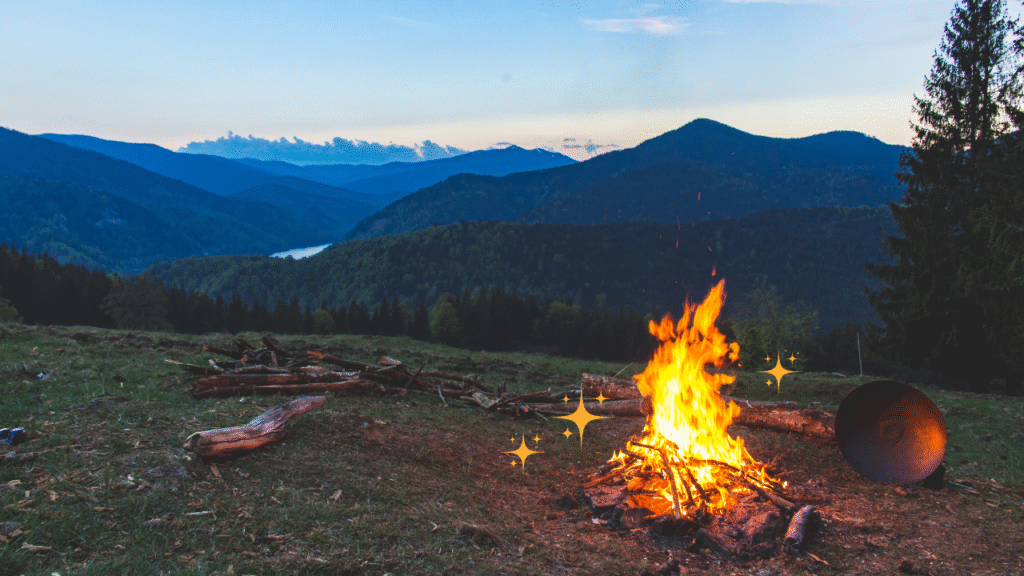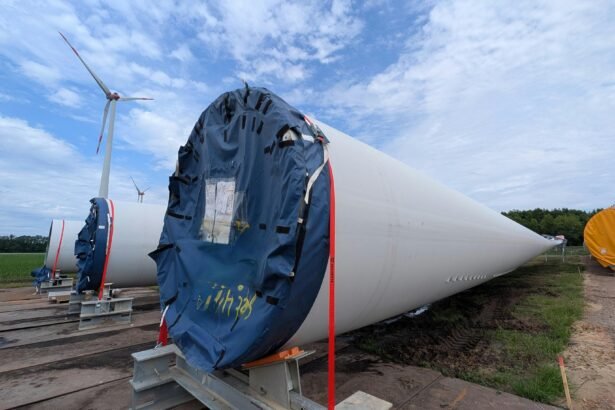Embracing the Solitude of Solo Camping
Solo camping offers a unique opportunity to disconnect from the hustle and bustle of daily life and reconnect with nature. Whether you're seeking solitude, adventure, or personal growth, embarking on a solo camping trip can be a transformative experience. However, it's essential to approach solo camping with preparation and awareness to ensure safety and enjoyment.
Why Choose Solo Camping?
1. Personal Growth and Reflection
Spending time alone in nature allows for introspection and personal growth. The solitude provides a space to reflect on life, set personal goals, and gain clarity. Many solo campers report feeling a sense of accomplishment and empowerment after their trips.
2. Flexibility and Freedom
Solo camping offers the flexibility to plan your itinerary without compromising. You can choose your destination, schedule, and activities, allowing for a personalized adventure tailored to your preferences.
3. Deep Connection with Nature
Without the distractions of group dynamics, solo campers often experience a deeper connection with their surroundings. The quietude enhances the sounds of wildlife, the rustling of leaves, and the beauty of the landscape, fostering a profound appreciation for the natural world.

Essential Tips for Camping Alone Safely
1. Plan Ahead and Share Your Itinerary
Before heading out, create a detailed trip plan, including your destination, route, expected return time, and emergency contacts. Share this information with a trusted friend or family member. Regular check-ins can provide an added layer of security.
2. Choose a Safe and Suitable Campsite
Select a campsite that is safe and suitable for solo camping. Look for flat, elevated ground away from potential hazards like falling branches or flooding areas. Avoid setting up too close to water sources to reduce the risk of encounters with wildlife.
3. Pack Light but Smart
When camping alone, it's crucial to pack efficiently. Opt for lightweight gear and prioritize essentials such as a reliable tent, sleeping bag, cooking equipment, and a first aid kit. Remember, every item should serve a purpose and be manageable for solo transport
4. Stay Aware of Your Surroundings
Maintain awareness of your environment at all times. Familiarize yourself with the local wildlife, weather patterns, and potential hazards. Trust your instincts; if something feels off, reassess your plans or location.
5. Practice Wilderness Survival Skills
Basic wilderness survival skills are invaluable when camping alone. Learn how to build a fire, purify water, navigate using a map and compass, and identify edible plants. These skills can be lifesaving in unexpected situations.
Recommended Gear for Solo Camping
Investing in quality gear is essential for a safe and enjoyable solo camping experience. When you’re on your own, the right equipment helps you stay secure, comfortable, and prepared. Here's what you should pack for a successful solo adventure:
Tent
Choose a lightweight, weather-resistant tent designed for one person. It should be easy to set up and compact enough for solo travel. This kind of tent is perfect for solo camping and offers protection in changing weather.
Sleeping Bag
Select a sleeping bag that suits the season and expected temperatures. For summer camping trips, go with something breathable and lightweight. In colder weather, choose an insulated model with the right comfort rating.
Cooking Equipment
A portable stove, simple cookware, and utensils are important for preparing meals on your own. Even if you’re cooking basic meals, reliable gear ensures you stay well-fed and energized. Before you go, buy camping equipment that’s compact and fuel-efficient.
Navigation Tools
Do not rely on your phone alone. Carry a physical map, compass, and a GPS device. These tools are part of basic outdoor skills and help you stay on track in unfamiliar terrain. Knowing how to use them supports wilderness survival when you're far from help.
First Aid Kit
A complete first aid kit is a must. Tailor it to your needs and include essentials like bandages, antiseptics, tweezers, and any personal medications. Your kit should cover both minor injuries and emergencies.
Emergency Communication Device
Carry a satellite phone or personal locator beacon. These devices are useful in areas with no cell service and may save your life in an emergency. Resources like uksn.org.uk and koa.com offer guides on safety and communication tools.
Trusted Brands
Brands like Coleman offer durable and easy-to-use camping gear. Their products are widely trusted for their quality and performance. Whether you’re setting up a tent or using a camp
Understanding Wilderness Survival and Outdoor Skills
Wilderness survival and outdoor skills are crucial for solo campers. These skills encompass knowledge of the environment, self-sufficiency, and the ability to handle emergencies. Training in these areas can increase confidence and preparedness.
Navigating Campground Directories
Utilizing campground directories can aid in finding suitable camping locations. These resources provide information on amenities, regulations, and user reviews, helping you select a campground that aligns with your preferences and safety requirements.
Exploring Yellowstone National Park
Yellowstone National Park offers a unique and diverse environment for solo camping. With its geothermal features, wildlife, and expansive landscapes, it's a destination that attracts adventurers worldwide. However, solo campers should be aware of the park's specific regulations and potential hazards.
Planning Summer Camping Trips
Summer is an ideal time for solo camping, with longer days and favorable weather conditions. Planning ahead ensures you secure desired campsites and are prepared for peak-season challenges. Consider factors like temperature, insect activity, and daylight hours when planning your trip.
Conclusion
Solo camping is a rewarding endeavor that fosters personal growth, independence, and a deeper connection with nature. It allows you to slow down, reflect, and enjoy outdoor adventures on your own terms. Whether you're planning summer camping trips or exploring Yellowstone National Park, every solo trip offers a unique chance to grow and reconnect.
By following a solo camping safety guide, using campground directories, and practicing outdoor skills, you can make your experience both safe and memorable. Be sure to follow tips for camping alone safely and pack essential gear—including emergency tools and quality equipment. If you're looking to buy camping equipment, choose reliable options from trusted brands like Coleman for durability and peace of mind.
Solo camping success comes down to one simple rule: prepare well, stay alert, and respect the wilderness. From wilderness survival to finding your own rhythm under the stars, this journey is truly your own.








